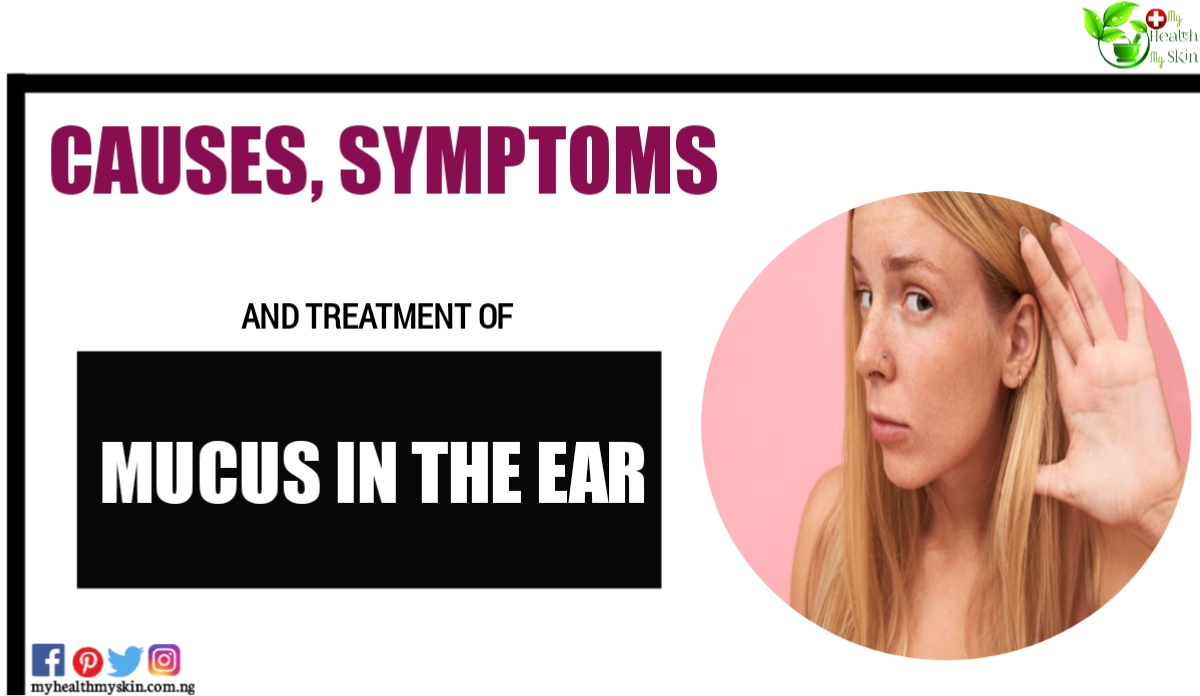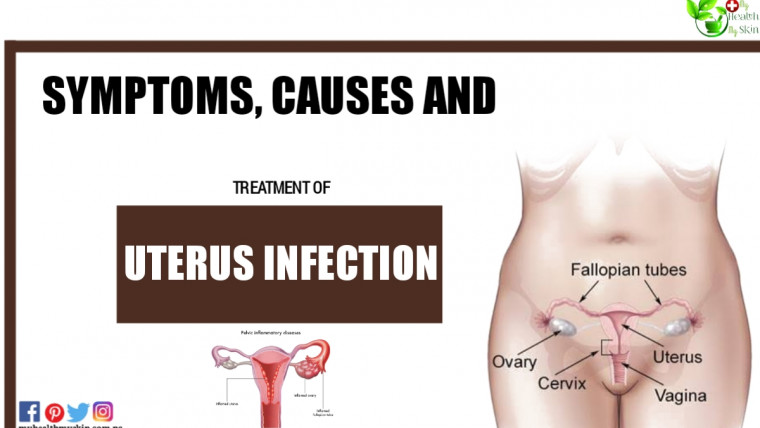The phlegm is the accumulation of mucus in the upper airway, including the nose, sinuses and throat. In colds and flu, these areas become congested and you feel that your nose is stuffy.
But Does The Ear Also Have Phlegm? Yes.
The ears, nose and throat are connected. The pressure we put on when we blow our nose too hard can move the phlegm into the ear, where it accumulates.
When this happens, we have the sensation of having our ear covered and of hearing our voice inside our head .
The inflammation caused by the phlegm that accumulates in the ears is called secretory otitis media, which means inflammation in the middle ear, just behind the eardrum.
How Do You Get Mucus Out Of Your Ear?
Keep on reading to find out!
Ear phlegm is more common in young children, up to 2 years old, as they end up getting the flu more easily, as they do not have a fully developed immune system.
They are quite irritable and agitated and may have more difficulty developing speech as they cannot hear properly. They can even suffer hearing loss if left untreated.
See what causes phlegm in the ear, symptoms and treatment.
Causes Of Mucus In The Ear

The middle ear and nose are connected by a canal called the Eustachian tube or Eustachian tube. Inflammation can cause this channel to malfunction, causing phlegm to build up, which does not drain properly into the nose. The phlegm can have a more liquid or thick consistency, like glue.
During winter, it is easier to have contact with some viruses that cause flu, due to poor air circulation indoors.
The immune system responds to viral infections by sending defense cells to the lining of the nose and throat.
This army of cells causes swelling (inflammation) and the production of mucus, better known as phlegm. Inflammation reaches the ears through the Eustachian tube, causing symptoms.
The most common causes are:
- Frequent colds;
- Viral or bacterial airway infections;
- Allergic or non-allergic rhinitis;
- Sinusitis;
- Craniofacial malformations such as cleft palate;
- Pollution;
- Nasal Polyps.
To avoid this problem, there are some measures that will act directly on these causes, which can get rid of the discomfort caused by excess mucus in the ear.
Taking care of your immunity will keep you away from illnesses typical of times of change in temperature and humidity, such as the flu and colds.
Healthy habits include nourishing your body well with foods rich in nutrients and vitamins, which will strengthen your immune system.
Drinking water can help thin the phlegm, which reduces discomfort in the ears. The more liquid the phlegm is, the easier it is to eliminate it. The thick phlegm forms a kind of glue inside the ear, which causes enormous discomfort.
Avoid sudden changes in temperature as this aggravates respiratory illnesses such as allergic rhinitis.
Also, avoid blowing your nose too hard, because the pressure exerted in an attempt to eliminate the feeling of a stuffy nose can push mucus to other parts of the body, such as the ears and throat. Some blood vessels can even rupture, causing bleeding.
Symptoms Of Mucus In The Ear

The accumulation of mucus in the ear causes some transient symptoms, which resolve naturally. But excess and persistent phlegm in the ear can also cause more severe symptoms if not treated by a specialist.
In this case, the ideal is that the treatment is done at the beginning of the symptoms, because that way they are more effective. As symptoms persist or become more severe, treatments become less effective, until surgical intervention is required.
Therefore, it is important to be aware of the symptoms:
- Sensation Of Blocked Ear: much like what happens when going down a saw in a car or traveling by plane.
- Reduction In Hearing: the accumulation of phlegm impairs the proper functioning of the ear, impairing hearing.
- Autophony: feeling of talking inside your own head.
- Ringing In The Ear
- Pain: not a very common symptom, but some people may experience earache.
- Deafness: can occur if the ear infection affects the nerve that sends sound stimuli to the brain.
The otolaryngologist makes the diagnosis through otoscopy, with which he can see if the eardrum is reddened, indicating an accumulation of phlegm.
The specialist can also assess how the eardrum is vibrating and whether there is any degree of hearing loss.
Treatment For Mucus In The Ear
Treatments will vary depending on the severity of symptoms.
The otolaryngologist may recommend an ear wash, which serves to remove excess wax and mucus accumulated in the ear canal.
This procedure can be done in the doctor’s office, but there is also a homemade alternative.
When the ear is very inflamed, the doctor may prescribe anti-inflammatory drugs, which help reduce swelling and relieve symptoms.
In more severe cases, when there is a bacterial infection accompanied by fever, the use of antibiotics may be indicated.
If, after using the medication, symptoms persist, the doctor will consider surgical treatment.
In this case, a drain is placed in the ear canal to remove the accumulated phlegm. This procedure results in improved hearing and prevents other infections, as it deeply cleans the canal. To see more post on Physical & Mental Health click here.

Did You Already Know All The Causes Of Catarrh In The Ear? Do You Suffer From Any Of These Symptoms? Comment Below!






